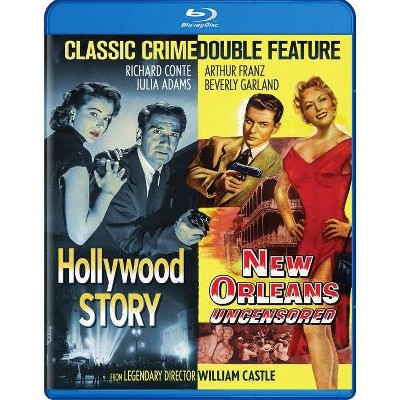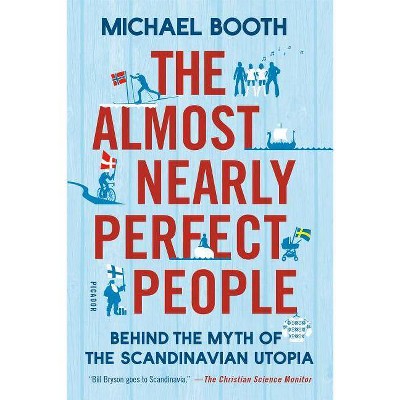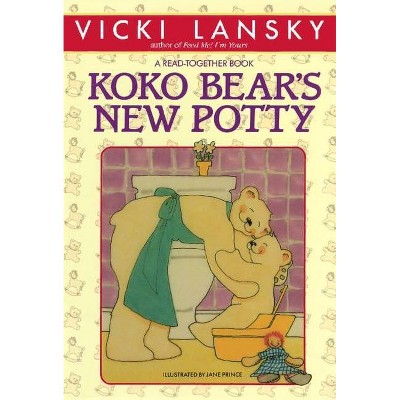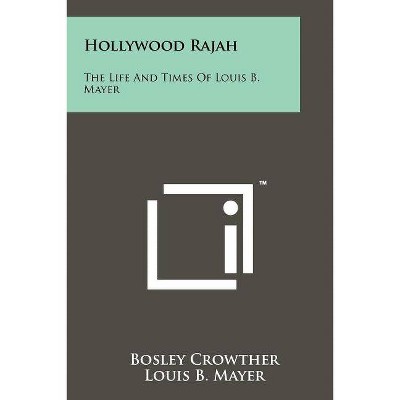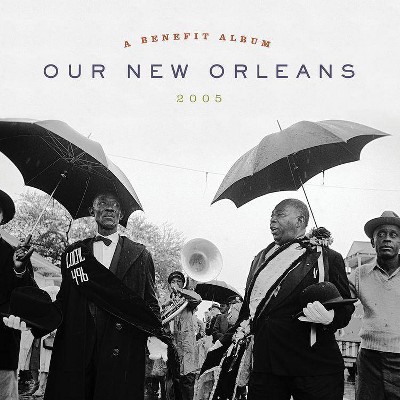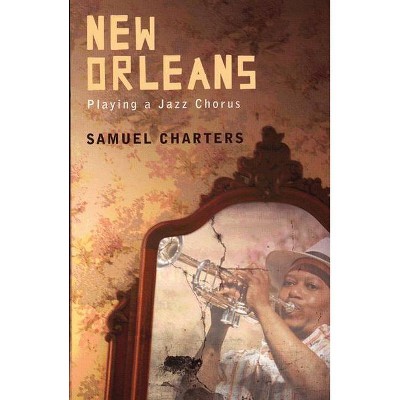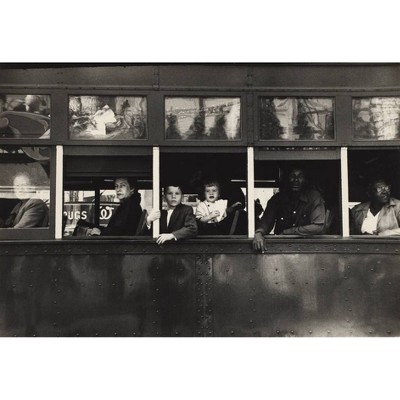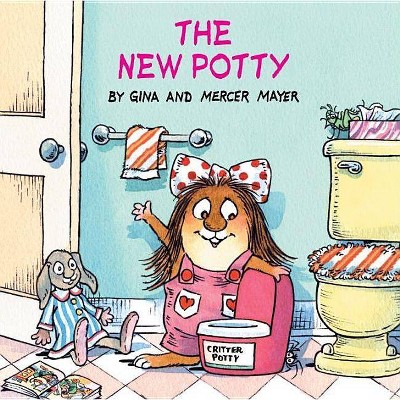Almost Hollywood, Nearly New Orleans - by Vicki Mayer (Paperback)
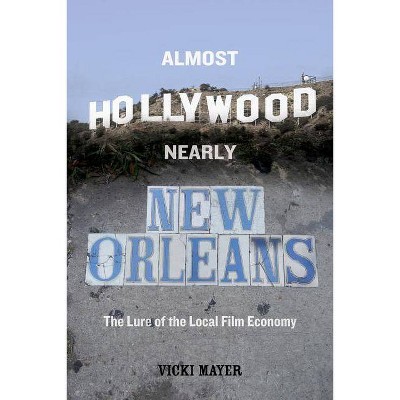
Similar Products
Products of same category from the store
AllProduct info
<p/><br></br><p><b> About the Book </b></p></br></br>"Early in the twenty-first century, Louisiana, one of the poorest states in the United States, redirected millions in tax dollars from the public coffers to become the number one location site globally for the production of Hollywood films and television series. Why would lawmakers support such a policy? Why would citizens accept the policy's uncomfortable effects on their economy and culture? Almost Hollywood, Nearly New Orleans answers these questions through a study of the local and everyday experiences of the film economy in New Orleans, Louisiana--a city that has twice pursued the mantle of a movie production capital. From the silent era to Hollywood South, Vicki Mayer explains that the aura of a film economy is inseparable from a prevailing sense of home, even as it changes that place irrevocably"--Provided by publisher.<p/><br></br><p><b> Book Synopsis </b></p></br></br>A free ebook version of this title is available through Luminos, University of California Press's Open Access publishing program. Visit www.luminosoa.org to learn more. <p/> Early in the twenty-first century, Louisiana, one of the poorest states in the United States, redirected millions in tax dollars from the public coffers in an effort to become the top location site globally for the production of Hollywood films and television series. Why would lawmakers support such a policy? Why would citizens accept the policy's uncomfortable effects on their economy and culture? <i>Almost Hollywood, Nearly New Orleans</i> addresses these questions through a study of the local and everyday experiences of the film economy in New Orleans, Louisiana--a city that has twice pursued the goal of becoming a movie production capital. From the silent era to today's Hollywood South, Vicki Mayer explains that the aura of a film economy is inseparable from a prevailing sense of home, even as it changes that place irrevocably.<p/><br></br><p><b> From the Back Cover </b></p></br></br>"The book is a major work by a leading scholar bringing together history, ethnography, cultural geography, and labor studies--topics often marginalized or ignored in work on the creative economy."--Kate Oakley, Professor of Cultural Policy, University of Leeds <p/> "What happens to the local communities taken in by the fantasy of Hollywood-led creative transformation? Mayer gives us a scathing critique of the economic realities and broken promises of Hollywood South, told in rich ethnographic detail and passionately argued through her deep connection to New Orleans. This is a vital book."--Nitin Govil, author of<i> Orienting Hollywood: A Century of Film Culture between Los Angeles and Bombay</i><i>, </i> and coauthor of <i>Global Hollywood </i>and <i>Global Hollywood 2</i> <p/> "Behind the glitz and the glamor of Hollywood South is a complicated debate over cold hard cash. Mayer guides readers through the numbers and arguments behind Louisiana's costly love affair with the film industry and raises important questions over whether the state's citizens are getting their money's worth."--Stephanie Grace, columnist, <i>The New Orleans Advocate</i> <p/> "A visionary in the study of cultural labor, economy, and geography, Mayer is that rare writer who combines exquisite storytelling with rigorous scholarship. This is an essential contribution to film and media studies, and an urgent history lesson for policy makers."--Melissa Gregg, author of <i>Work's Intimacy </i><p/><br></br><p><b> Review Quotes </b></p></br></br><br><i>"Almost Hollywood, Nearly New Orleans</i> adroitly probes The Crescent City's ambivalent relation to its status as Hollywood South. ... [the] book constitutes a timely contribution to the study of media industries for its thorough accounting of the debts incurred by a state like Louisiana and a city like New Orleans--and the unequal ways in which those burdens are distributed across racially and socioeconomically divided landscapes."-- "Media Industries Journal"<br><br>"Mayer offers compelling evidence for rethinking the material benefits of film tax credits. Using New Orleans as a case study is especially conducive towards understanding the effects of neoliberal cultural policy on the most marginalized areas of North America. Importantly, Mayer's focus on intersections of race and class provide the necessary framework for thinking about how other local film economies in burgeoning North American cities such as Toronto, Atlanta, and Vancouver have dispossessed underprivileged communities. To that end, Mayer's book offers a cautionary tale about the political embrace of an entrepreneurial film industry and its cultural, political, and economic effects."-- "Synoptique: An Online Journal for Film and Moving Image Studies"<br><p/><br></br><p><b> About the Author </b></p></br></br><b>Vicki Mayer</b> is Professor of Communication at Tulane University. She is coeditor of the journal <i>Television & New Media</i> and author or editor of several books and journal articles about media production, creative industries, and cultural work.
Price History
Price Archive shows prices from various stores, lets you see history and find the cheapest. There is no actual sale on the website. For all support, inquiry and suggestion messagescommunication@pricearchive.us
